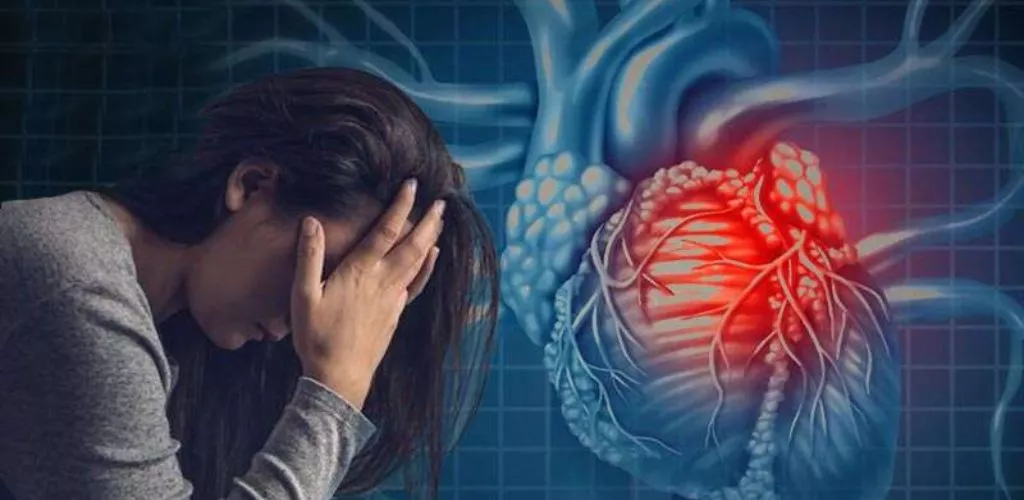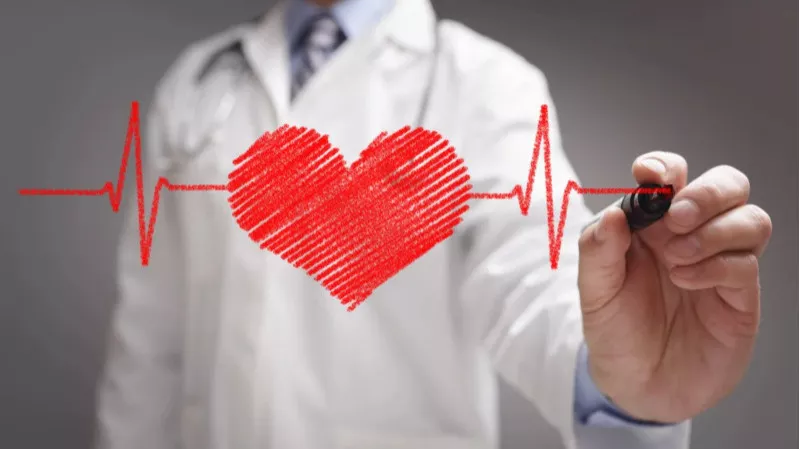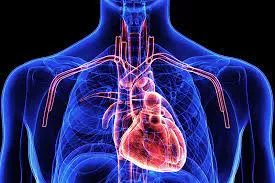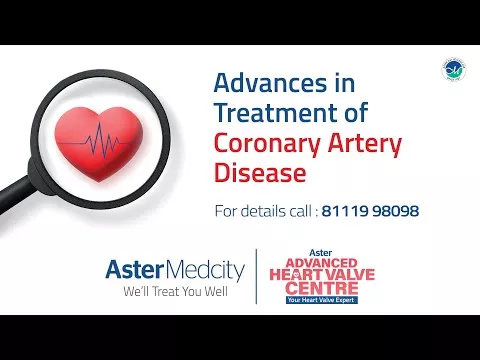Heart disease refers to a range of conditions that affect the heart and its blood vessels. The treatment options for heart disease depend on the specific condition and its severity. For expert guidance, consulting a cardiologist in Kochi Kerala can help ensure accurate diagnosis and effective treatment.
- Coronary Artery Disease (CAD): This is the most prevalent type of heart disease. CAD occurs when the coronary arteries, which supply blood to the heart muscle, become narrowed or blocked due to the buildup of cholesterol and fatty deposits called plaques. If needed, treatment at a heart hospital in Kochi Kerala can provide advanced care and interventions for CAD.
- Heart Failure: Also known as congestive heart failure, this condition occurs when the heart is unable to pump blood efficiently to meet the body's needs. It can be caused by various factors, including CAD, high blood pressure, heart valve disorders, or weakened heart muscles. Specialized care at a cardiology Hospital in Kochi Kerala can help manage heart failure effectively.
- Arrhythmias: Arrhythmias refer to irregular heart rhythms. The heart may beat too fast (tachycardia), too slow (bradycardia), or irregularly. This can disrupt the heart's ability to pump blood effectively and may lead to symptoms such as palpitations, dizziness, or fainting.
- Heart Valve Disease: The heart has four valves that help regulate blood flow. When these valves are damaged or don't function properly, it can cause conditions such as valve stenosis (narrowing) or valve regurgitation (leaking), which can affect blood flow and strain the heart.
- Congenital Heart Defects: These are heart abnormalities present at birth. They can range from simple defects with no symptoms to complex conditions that require immediate medical intervention. Examples include atrial septal defect (ASD), ventricular septal defect (VSD), and tetralogy of Fallot.
- Cardiomyopathy: Cardiomyopathy refers to diseases that affect the heart muscle, making it weak or stiff. This impairs the heart's ability to pump blood effectively. Causes of cardiomyopathy can include genetic factors, infections, alcohol abuse, or certain medications.
- Pericardial Disease: The pericardium is a protective sac surrounding the heart. Pericardial diseases include conditions such as pericarditis (inflammation of the pericardium) and pericardial effusion (accumulation of fluid in the pericardial sac), which can cause chest pain, shortness of breath, and other symptoms.
It's important to note that each heart disease has its own specific causes, symptoms, and treatment approaches. If you suspect you have a heart condition or are experiencing symptoms, it's crucial to seek medical attention for an accurate diagnosis and appropriate treatment.
Listen to the expert Dr. Rajiv C, Senior Consultant - Interventional Cardiology speaks about Treatment and Care for Heart Disease.








